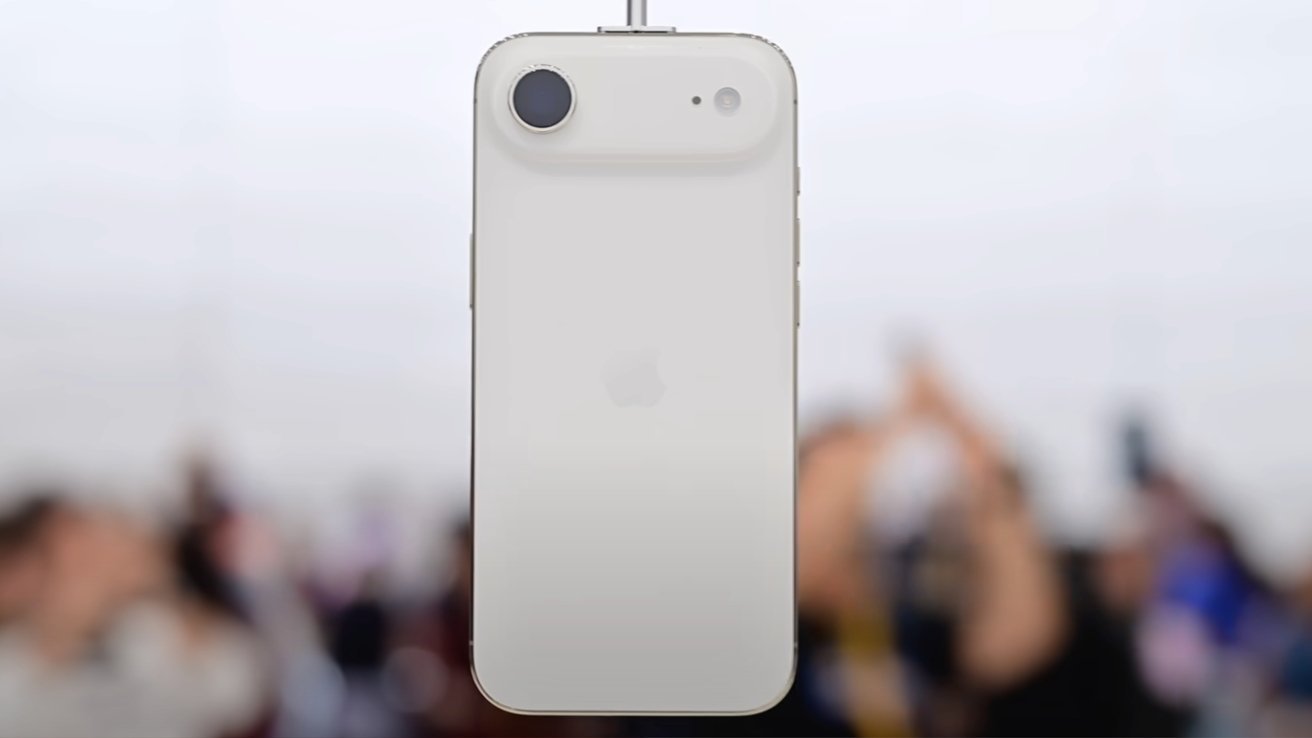In a significant legal development, technology giants Apple Inc. and Qualcomm Inc. have been unsuccessful in their attempt to transfer a patent infringement lawsuit filed by Red Rock Analytics from the Western District of Texas to the Northern District of California. This decision ensures that the case will proceed in Texas, a jurisdiction often perceived as favorable to patent holders.
Background of the Lawsuit
The origins of this legal battle trace back to 2021 when Red Rock Analytics, a non-practicing entity commonly referred to as a patent troll, initiated a lawsuit against Apple and Qualcomm. The suit alleges that both companies infringed upon U.S. Patent No. 7,346,313, which pertains to a system designed for calibrating the balance of in-phase (I) and quadrature (Q) signals in radio transceivers. This technology is integral to the functionality of modern wireless communication devices.
Red Rock’s complaint specifically targets Qualcomm’s SMR526, SDR865, and SDX55M transceiver products. Given that Apple’s iPhone 12 models incorporate Qualcomm’s 5G modems, Red Rock contends that these devices also infringe upon the patent in question.
Efforts to Change Venue
Apple and Qualcomm jointly sought to relocate the lawsuit to California, arguing that key witnesses and pertinent documents were more accessible in that state. They emphasized that potential inventors of prior art were located in the Northern District of California and raised concerns about the logistical challenges of accessing internal documents from Texas.
However, U.S. District Judge Alan Albright denied the motion to transfer, a decision that was subsequently upheld by the U.S. Court of Appeals for the Federal Circuit. The appellate court noted that Apple and Qualcomm failed to demonstrate that any potential witnesses were unwilling to testify in Texas. Furthermore, the court highlighted that the companies did not meet the stringent standard required to prove that Judge Albright had clearly abused his discretion in denying the transfer.
Implications of the Decision
The refusal to transfer the case to California means that the lawsuit will proceed in the Western District of Texas, a venue known for its plaintiff-friendly stance in patent litigation. This jurisdiction has become a hotspot for patent cases, attracting numerous filings from entities seeking favorable outcomes.
Red Rock Analytics: A Pattern of Litigation
Red Rock Analytics has a history of initiating patent infringement lawsuits against major technology companies. Prior to the current case, Red Rock filed a similar lawsuit against Samsung, alleging infringement of the same patent. Additionally, in 2019, Red Rock sought an injunction against Apple, targeting iPhone models ranging from the iPhone 7 through the iPhone X. The 2021 lawsuit expanded this scope to include the iPhone 12, reflecting the company’s ongoing efforts to assert its patent rights across multiple product generations.
The Patent in Question
U.S. Patent No. 7,346,313, central to this lawsuit, describes a system for calibrating the balance of in-phase (I) and quadrature (Q) signals in radio transceivers. This calibration is crucial for the accurate transmission and reception of wireless signals, impacting the performance and reliability of devices utilizing this technology.
Potential Consequences for Apple and Qualcomm
Red Rock Analytics is seeking a jury trial and has requested several forms of relief, including:
– Injunctions: Orders barring Apple and Qualcomm from further infringing on the patent.
– Damages: Monetary compensation for past infringements.
– Royalty Payments: Ongoing payments for the continued use of the patented technology.
If the court rules in favor of Red Rock, Apple and Qualcomm could face significant financial liabilities and may need to alter their product designs to avoid future infringement.
Broader Context of Patent Litigation
This case underscores the ongoing challenges that major technology companies face from non-practicing entities, often labeled as patent trolls. These entities acquire patents not to develop products but to enforce patent rights through litigation, seeking financial settlements or licensing fees. The prevalence of such lawsuits has sparked debates about patent reform and the need to balance the protection of intellectual property with the prevention of opportunistic litigation.
Conclusion
The decision to keep the lawsuit in Texas represents a setback for Apple and Qualcomm, as they must now defend themselves in a jurisdiction known for favoring patent holders. The outcome of this case could have broader implications for how technology companies approach patent litigation and venue selection in the future.



